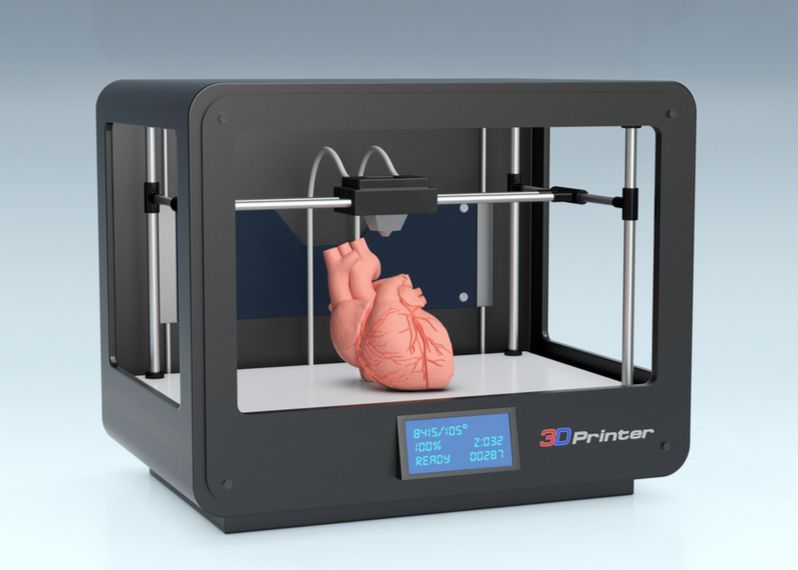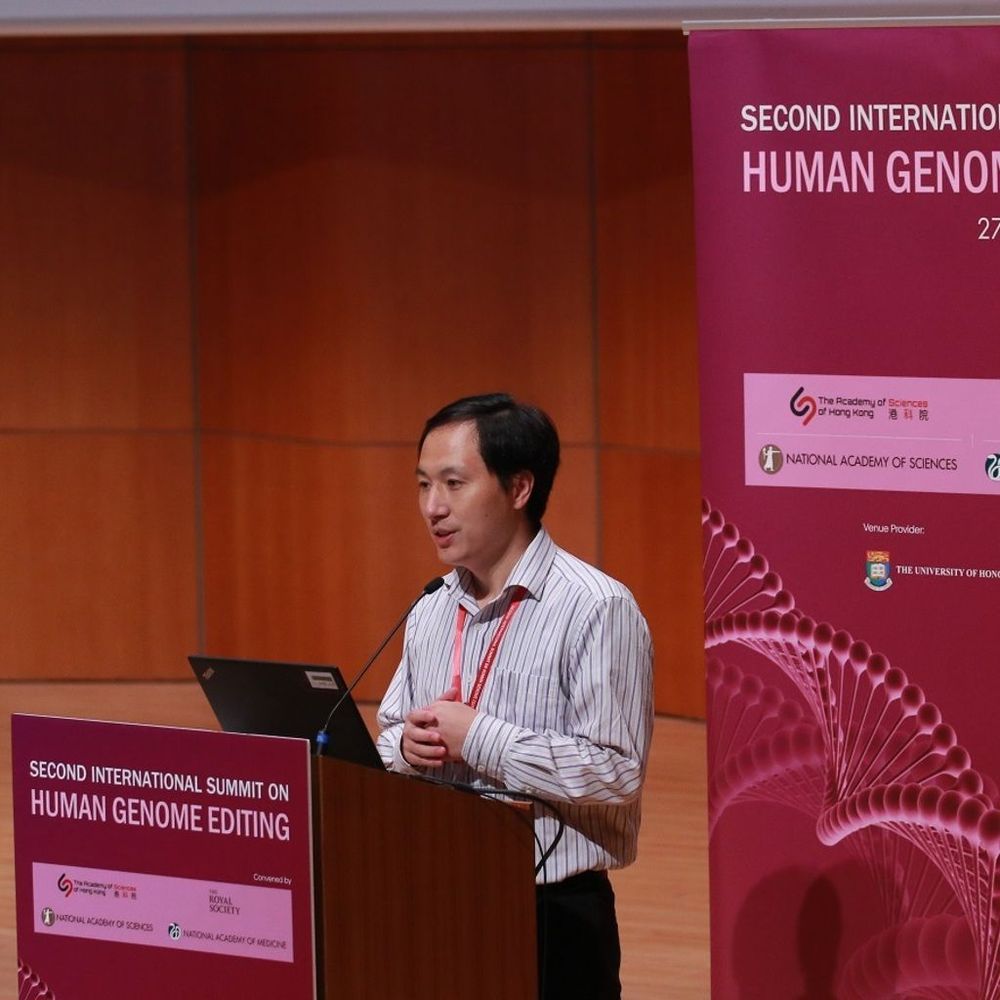Scientists around the world are developing revolutionary means by which to 3D print parts of the human body, from skin to internal organs.



The gut microbiome appears to be increasingly responsible for at least some of the decline of the immune system during aging, and a new mouse study shows that it is reversible.
The gut microbiome
The microbiome describes a varied community of bacteria, archaea, eukarya, and viruses that inhabit our guts. The four bacterial phyla of Firmicutes, Bacteroidetes, Proteobacteria, and Actinobacteria comprise 98% of the intestinal microbiome.


Objective reality is merely a pattern that a mind constructs because it provides a useful simplified explanatory scaffolding of the long series of subjectively perceived moments stored in its memory. Think about it when the next time you come across these overloaded terms ‘objective reality’ and ‘objectivity’ – to be precise, they mean ‘intersubjectivity’ instead: Termites would never comprehend chess, for example, this human abstraction lies beyond their species-specific intersubjective mind-network. Apart from inter-species levels of abstractions we should consider psychological, cultural and linguistic differences between individuals of the same species that makes objectivity simply non-existent. We can still use ‘objective reality’, ‘objectivity’ or ‘objectively’ colloquially but we should bear in mind that in a deeper sense these terms are no more than colorful misnomers. https://www.ecstadelic.net/top-stories/what-we-call-objectiv…ally-exist #ObjectivityMyth
We can’t help but anthropomorphize the notion of objective reality. As I make my case in the new 2019 book, The Syntellect Hypothesis: Five Paradigms of the Mind’s Evolution , objective reality does not exist, what exists instead is subjectivity, intersubjectivity (or “consensus” reality) and supersubjectivity (overmind, The Omega Hypermind in the book). This extraordinary claim apparently demands an explanation, so let’s get to it.

LMAO The babies died of the flu Keep making mistakes on the aleal borders and the organism dies of viral infections… This seems to be exactly the same result as a majority of the cloned animals over the last thirty years too. It is hard to get that puppy of your favorite dog to stick… Pitty really for the genetically engineered children who will mostly suffer and die before adulthood.
Gene targeted in the ‘CRISPR baby’ scandal might prove fatal, study finds. Nick carne reports.

The combined company, with big footprints in both the fast-growing commercial aerospace business and an increase in military spending, may be emboldened to push back on big customers like Boeing, Airbus and Lockheed Martin in terms of pricing, aftermarket work and intellectual property.
United Technologies has struck a deal to combine its booming aerospace business with defense contractor Raytheon, a surprise twist capable of rattling customers and competitors alike.
The deal would create a giant, one-stop shop with products that range from Tomahawk missiles and radar systems to jet engines that power passenger planes and the seats that fill them.
Under one roof, the companies could put more pressure on suppliers and encourage their industrial conglomerate competitors to seek deals of their own.

A MIND reading brain computer chip has been announced at the World Intelligence Congress in China.
The breakthrough device is called Brain Talker and allows a person to control a computer with just their brainwaves.
Brain-computer interfaces (BCIs) are devices that have been designed to create simple communication between the human brain and computers.

